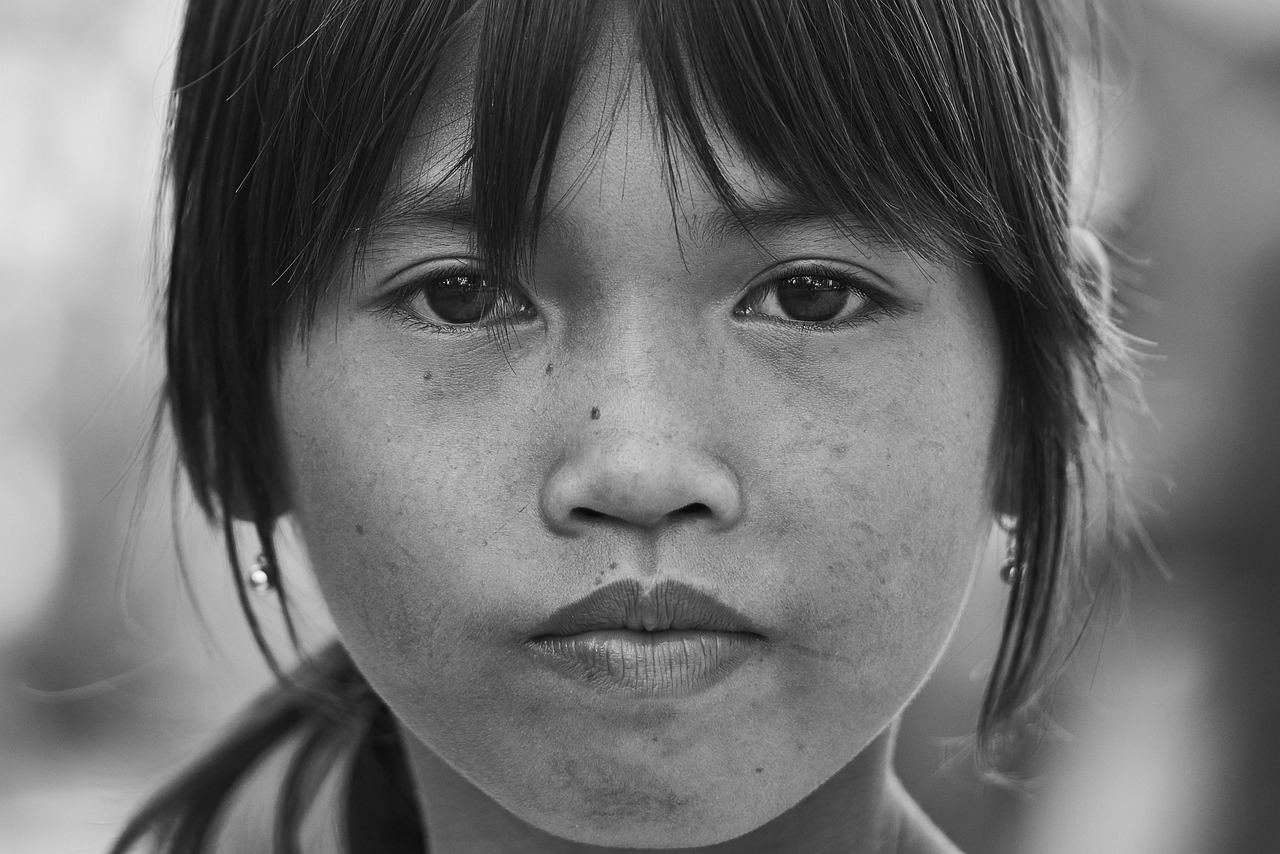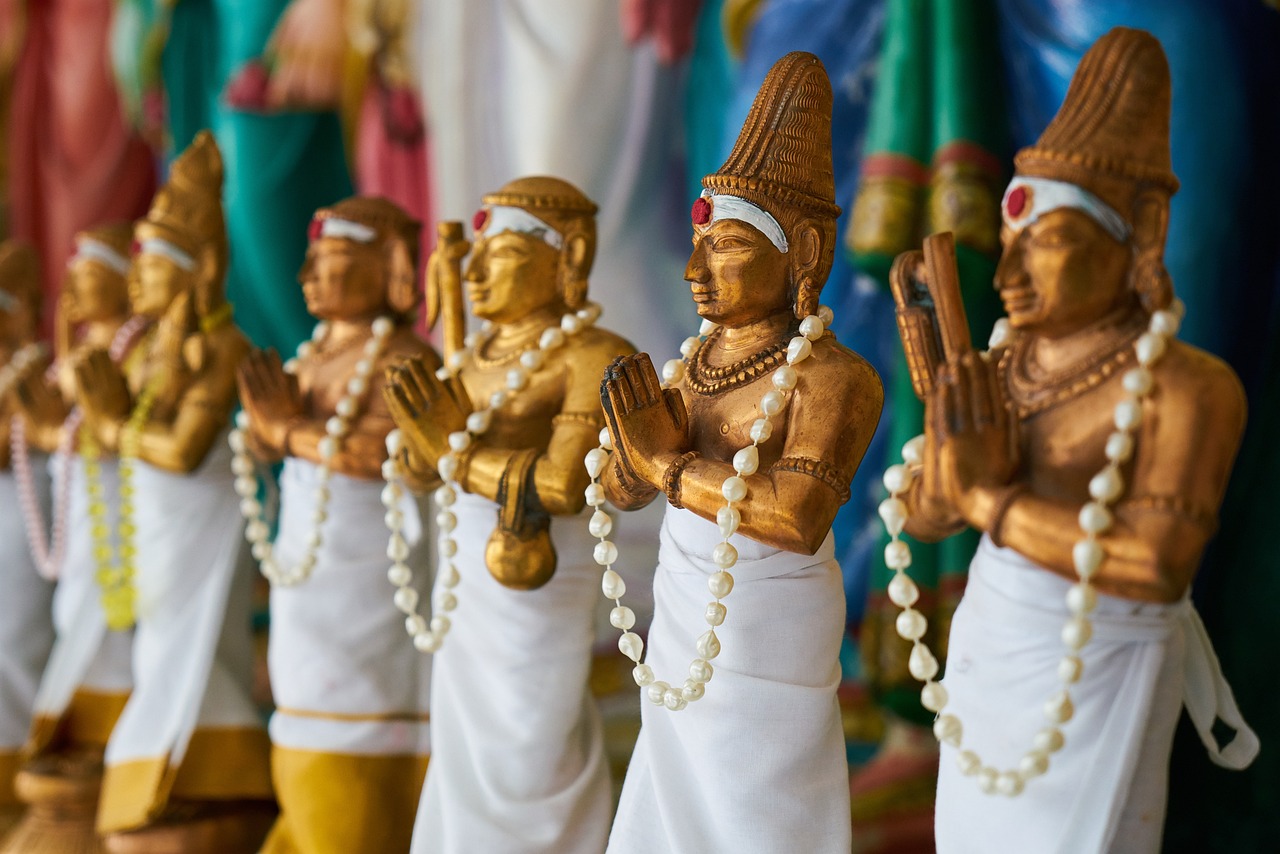Safety Tips for Remote Workers in Cambodia
Cambodia is a popular destination for remote workers due to its affordability, beautiful landscapes, and rich culture. However, when working remotely in a foreign country, it’s important to prioritize safety and take necessary precautions. Here are some safety tips for remote workers in Cambodia:
Understanding Local Laws and Customs
It’s crucial for remote workers in Cambodia to familiarize themselves with local laws and customs. This includes understanding the visa requirements, work permits, and any specific regulations related to remote work. Researching and abiding by the legal framework will ensure a smooth and hassle-free experience.
- Consult with the Embassy: Before traveling to Cambodia, reach out to the Cambodian embassy or consulate in your home country to gather accurate information about visa requirements and work permits.
- Respect Local Customs: Familiarize yourself with Cambodian customs, traditions, and social norms to avoid inadvertently offending locals or engaging in culturally inappropriate behavior.
- Stay Informed: Keep up to date with any changes in local laws and regulations that may impact remote workers in Cambodia.
Choosing Safe Accommodation
Finding safe and secure accommodation is essential for remote workers in Cambodia. Prioritize your safety by considering the following factors when selecting a place to stay:
- Location: Choose accommodation in safe and well-populated areas, preferably close to amenities and transportation options.
- Reviews and Recommendations: Read reviews from trusted sources and consider recommendations from other remote workers or expats who have stayed in the area.
- Security Measures: Look for accommodations with security features such as CCTV cameras, secure entry systems, and on-site security personnel.
Transportation Safety
Getting around safely is essential for remote workers in Cambodia. Consider the following tips for transportation safety:
- Choose Licensed Transportation Services: Opt for reputable taxi services or rideshare platforms that are licensed and well-reviewed.
- Secure Your Belongings: Keep your belongings secure while traveling by using lockable bags or compartments.
- Plan Your Routes: Familiarize yourself with the local transportation routes and plan your journeys in advance to avoid getting lost or ending up in unsafe areas.
Online Security
Protecting your online presence and data is crucial for remote workers in Cambodia. Follow these tips to enhance your online security:
- Secure Wi-Fi Connections: When working remotely, use secure Wi-Fi connections or consider using a virtual private network (VPN) to encrypt your internet traffic.
- Use Strong Passwords: Create strong, unique passwords for your online accounts and consider using a password manager to securely store them.
- Enable Two-Factor Authentication: Activate two-factor authentication whenever possible to add an extra layer of security to your accounts.
Health and Medical Precautions
Taking care of your health is essential while working remotely in Cambodia. Consider the following health and medical precautions:
- Get Vaccinated: Check with your healthcare provider to ensure you are up to date on all necessary vaccinations before traveling to Cambodia.
- Travel Insurance: Purchase comprehensive travel insurance that covers medical emergencies and repatriation.
- Stay Hydrated: Cambodia’s tropical climate can be hot and humid, so drink plenty of water to stay hydrated.
Emergency Preparedness
Being prepared for emergencies is crucial for remote workers in Cambodia. Follow these tips to ensure you are ready for unexpected situations:
- Know Emergency Numbers: Save important emergency contact numbers, including local police, ambulance services, and your country’s embassy or consulate.
- Keep Copies of Important Documents: Make digital copies of your passport, visa, travel insurance, and other essential documents. Store them securely online and keep physical copies as backups.
- Emergency Evacuation Plan: Familiarize yourself with evacuation procedures in case of natural disasters or civil unrest.
Image 1:

Dealing with Street Crime
While Cambodia is generally a safe country, it’s important to be aware of street crime and take necessary precautions:
- Stay Vigilant: Be aware of your surroundings and avoid displaying valuable items in public.
- Keep Valuables Secure: Use a money belt or a concealed pouch to keep your money, passport, and other valuables safe.
- Travel in Groups: When exploring unfamiliar areas, it’s safer to travel in groups, especially at night.
Image 2:

Respecting Local Customs
Respecting local customs and traditions is essential for remote workers in Cambodia. Here are some important points to keep in mind:
- Dress Appropriately: Dress modestly, especially when visiting religious sites or rural areas.
- Remove Shoes: In many Cambodian homes and religious sites, it is customary to remove your shoes before entering.
- Greet with Respect: Use traditional greetings, such as the Sampeah, which involves pressing your palms together and bowing slightly.
Dealing with Natural Hazards
Cambodia is prone to natural hazards such as floods and tropical storms. Take the following precautions:
- Stay Informed: Monitor local weather reports and stay updated on any potential hazards.
- Follow Official Advice: Follow the instructions of local authorities and evacuate if necessary.
- Prepare an Emergency Kit: Keep essential supplies, including food, water, and a first aid kit, in case of emergencies.
Image 3:

Conclusion
By following these safety tips, remote workers in Cambodia can enjoy a secure and productive work experience. Prioritize your well-being and take necessary precautions to ensure a positive and safe stay in this beautiful country.
References
– cambodia-embassy.org
– travel.state.gov
– numbeo.com
– cdc.gov
– travelguard.com
– internations.org

